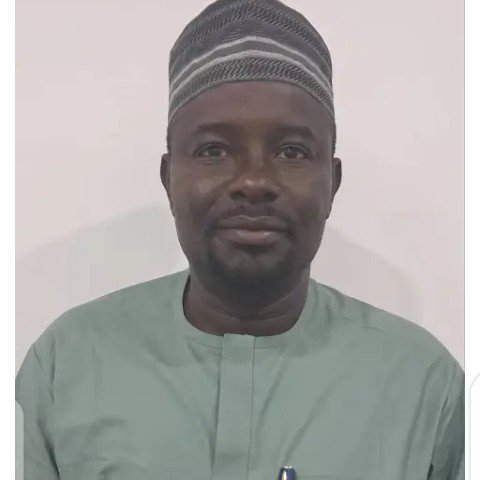By Ahmed Ilallah
When Malam Umar Namadi assumed the role of governor of Jigawa State, among the pressing issues he inherited was the insufficient human resources to effectively staff the MDAs. The gap is almost everywhere, from the education sector to health and work and into almost all agencies.
The problem is more with the key ministries and agencies that coordinate the activities of the government.
The state has recently split the Ministry of Works and Power into two ministries without adding any of the technical and professional staff to the ministries.
Likewise, the Ministry of Agriculture is split into two with the addition of the Ministry of Livestock, and also two agencies are created from the same ministry.
For example, the Jigawa State government in 2025 is constructing and rehabilitating about 85 roads across the state. It’s constructing over ten mass housing units across the state; it is building a new school. In fact, a lot of capital projects are ongoing.
Monitoring as a Key to Efficient Service Delivery in Public Institutions
On several occasions, the governor expresses dissatisfaction with service delivery when visiting project sites, lamenting the quality of the work.
The agency responsible for project monitoring, the Due Process and Monitoring Bureau, has fewer than 30 staff members, including professionals, engineers, technical staff, and juniors. How can the agency work effectively?
The situation is similar in the Ministry of Works and JIRMA, which are responsible for road construction and rehabilitation in the state; they are facing a shortage of qualified professionals and other personnel.
In fact, all the MDAs in Jigawa are in trouble due to inadequate professionals, technical staff, and other staff.
In public institutions, efficient service delivery is not merely an aspiration; it is a fundamental obligation.
Citizens rightfully expect public services that are timely, high-quality, and accessible, whether in healthcare, education, infrastructure, or social welfare.
Meeting these expectations requires more than just policies and plans; it demands robust monitoring systems that serve as the backbone of effective governance and responsive public administration.
However, the success of any monitoring framework depends heavily on the availability of skilled, well-managed human resources.
Competent personnel are essential not only to oversee and implement service delivery but also to ensure continuous evaluation and improvement.
Moreover, a well-functioning human resource system fosters a culture of accountability, transparency, and integrity, which are critical to building public trust and ensuring that institutions fulfill their mandate to serve the people effectively and equitably.
This is the right time for the state government to address the issue as it’s preparing for the 2026 annual budget.
alhajilallah@gmail.com










